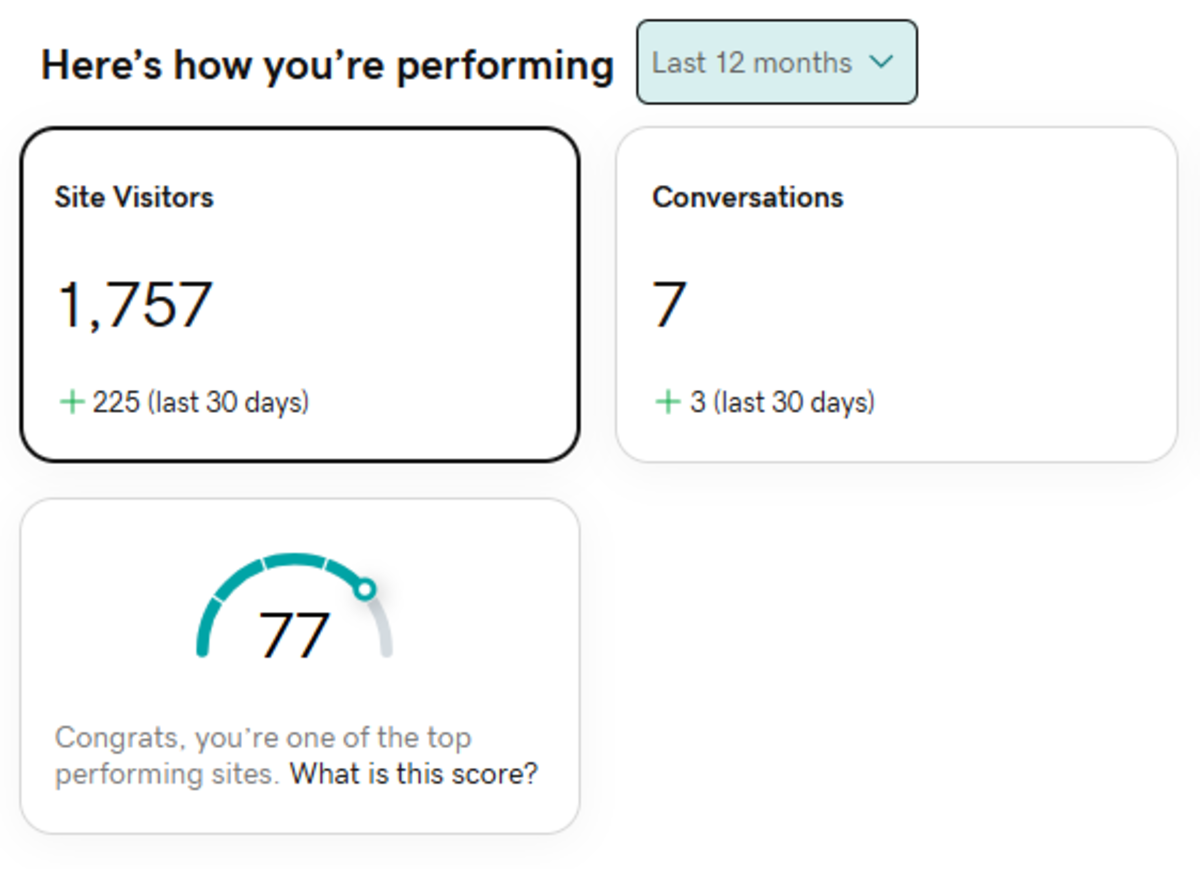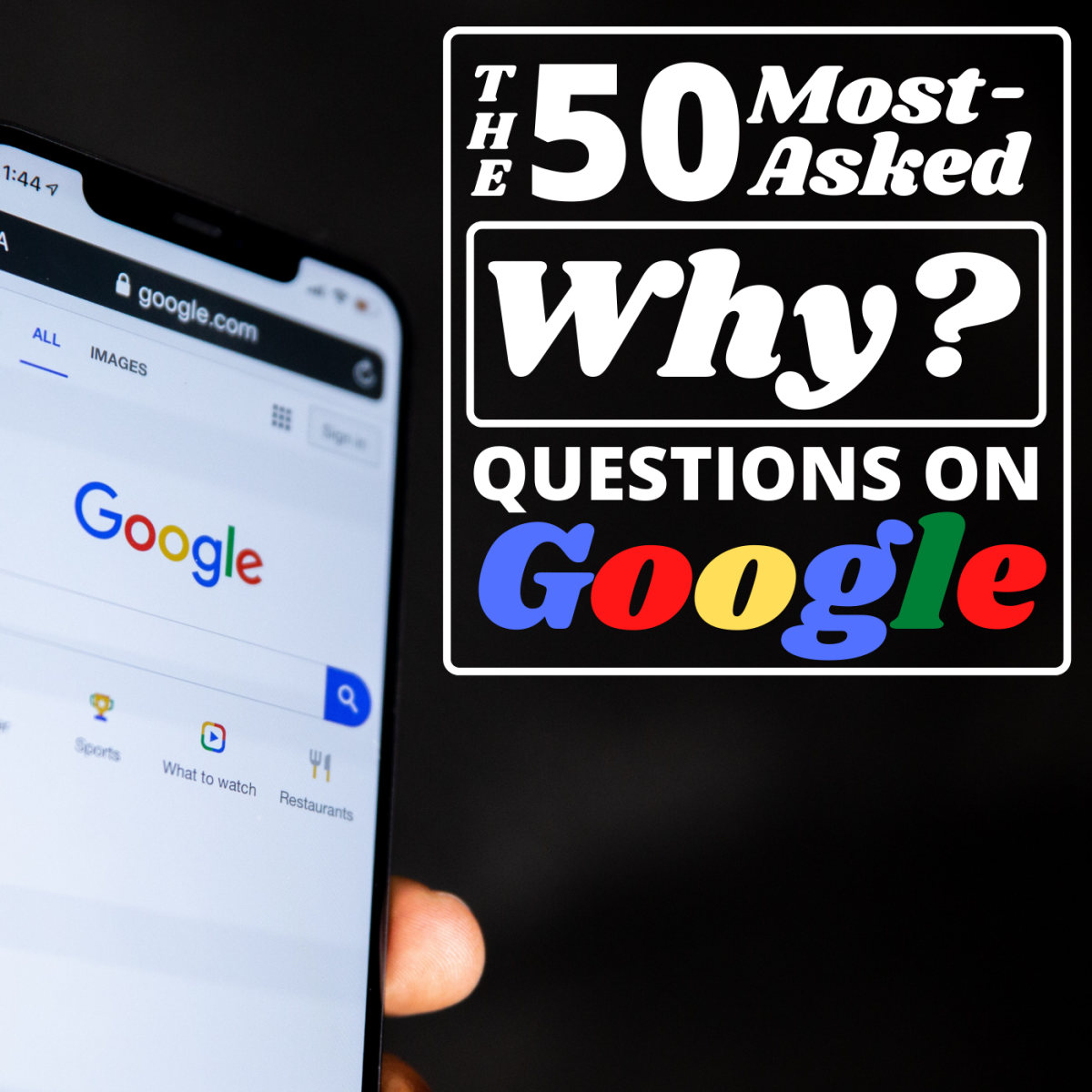- HubPages»
- Technology»
- Internet & the Web»
- Search Engines
A step by step guide for choosing high performing keywords
When I say high performing, it does not mean that you will start getting thousands of hits every day. High performing keywords have more potential of bringing sales in as compare to the other keywords, even when they have comparatively very low hits.
The keywords are what we type in the search bar to find products, service or other information that we need. This act is performed billions of times every day on different search engines such as Google, Yahoo and others.
Search engines return such pages against the keywords that are more relevant to the search terms and have original, substantial content and good reputation. Companies optimize their WebPages for the keywords so that search engines can pick them up and put them on the top rakings.
Keywords analysis is essential when it comes to the paid search or PPC Pay-per-Click
Here are the five steps for choosing high performing keywords.
1) Ask Yourself
The first step of keyword planning is to just go and name some keywords. Make a list of say 50 to 200 keywords that could be relevant to your website. Then ask yourself that are these keywords related to your website? Perform a search on different search engines for your keywords and see if the results that they returned are related to what you are offering on your website. If the result of these keywords is relevant to what you are offering on your website then good job, otherwise you will need to rework on your selection.
2) Use a Keyword Tool for Analysis
Once you have 200 some keywords that are related to your business, signup for a keyword tool and perform analysis on your keywords. Keyword Tools makes you life easy. You will get more keyword ideas as you will go analyzing your keywords. Here you can refine your primary list as well.
3) Pick up High Volume and Low Competition Keywords
I just did a Google search for the term "domain names" and it returned 272 million results. Google serves only 1000 results per search term and only the top 10 out of them gets the real benefit from search engines for those keywords. So you are really not going to beat those big companies that are there for quite a while and have resources to put for the search engine optimization. Don’t go for the keywords with hundred thousand searches; go for long tail keywords that have traffic in a couple hundred figure with low or medium competition.
4) Focus on Common Phrases
For a new website, the long tail keywords always work better. So instead of picking up keywords such as "Android" or "Slow", you should pick up "How to optimize the performance of your Android ". This will cut the Competition by a huge number.
5) Choose the Right Keyword
If you are a business and you sell something, never choose keywords such as "TOP bed and bath companies" or "Top internet marketers" for your SEO or PPC campaign. A person searching for these types of keywords is not looking for you. That person is looking for a comparison chart and not a specific company. So there are huge chances that, that person will not be buying anything. Choose long tail keywords such as "Bed and Bath California" instead.








